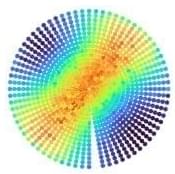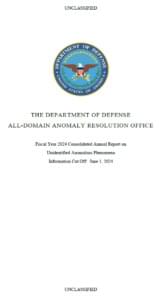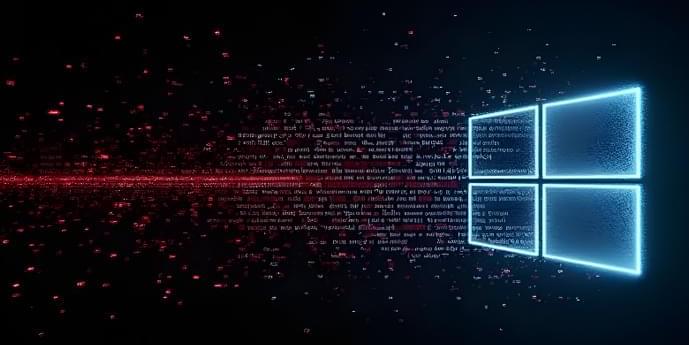Dec 2, 2024
Eavesdropping on underwater signals from the air
Posted by Saúl Morales Rodriguéz in category: security
“This work shows that sensitive information can be leaked in ways that previously haven’t been considered,” said Poorya Mollahosseini, a graduate student at Princeton and the paper’s co-lead author with Sayed Saad Afzal, a graduate student at MIT.
How are underwater communications protected?
The security of underwater communications relies heavily on the inability of sound traveling underwater to penetrate the surface, the researchers said. Signals that carry information are transmitted underwater as sound waves. Because water and air have very different densities, the water’s surface acts as a barrier for sound. When underwater sound waves hit the surface, they mostly just bounce off.


















